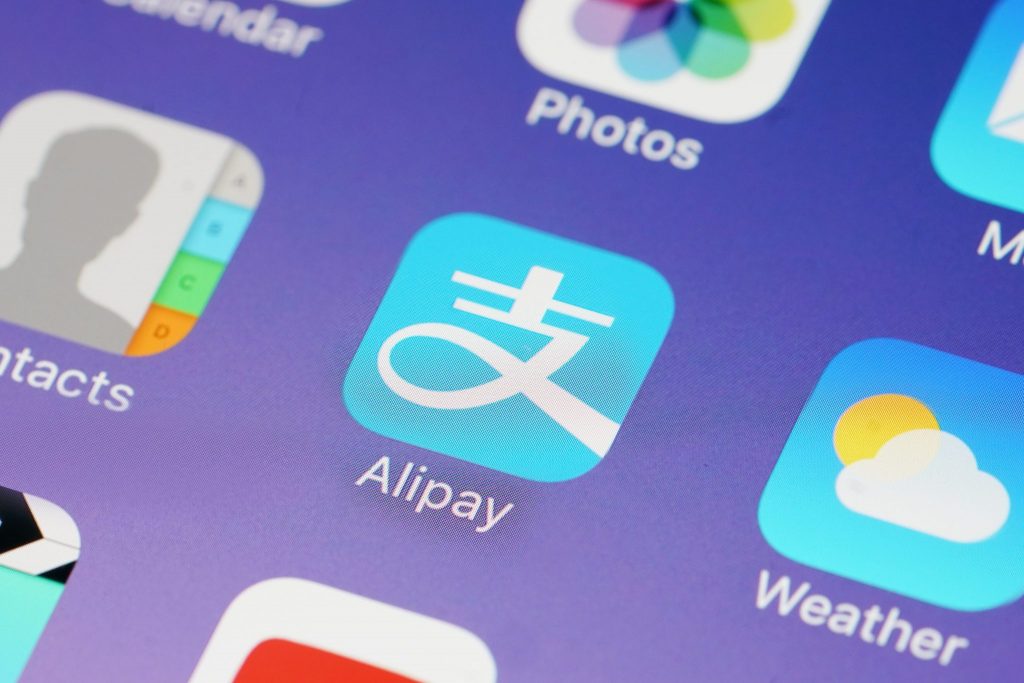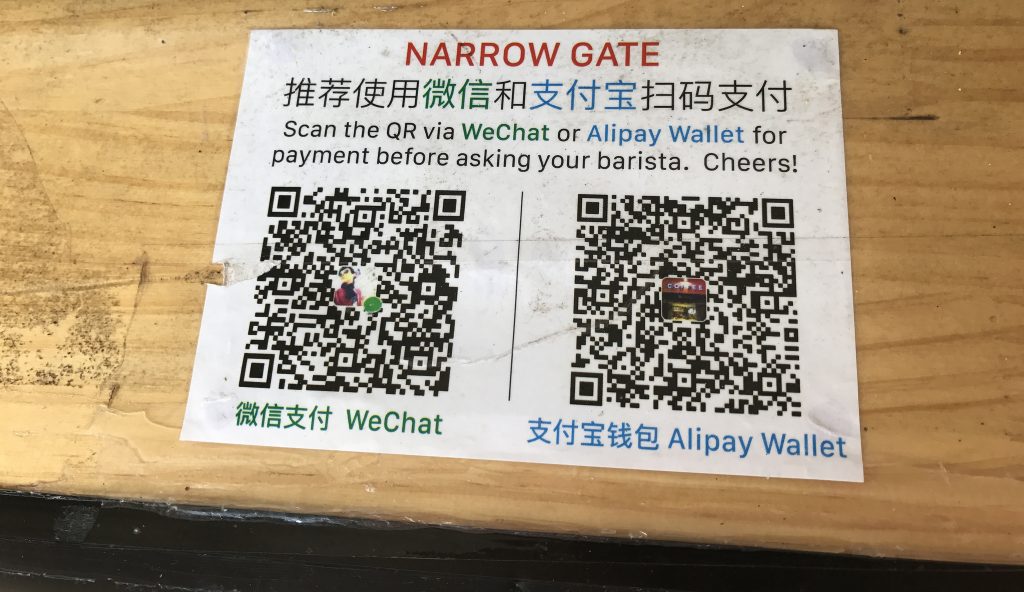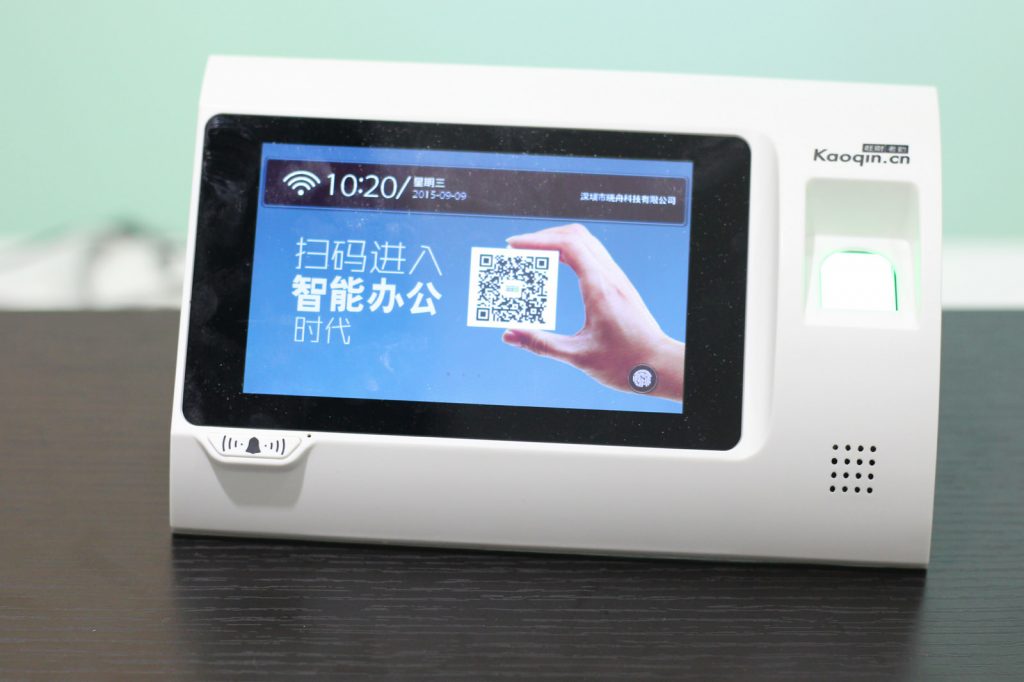China never ceases to impress with the sheer scale at which they accomplish tasks. The most surprising development of late, are stories of people turning down cold hard cash in favor of mobile app payments. Imagine walking to an ATM in China, withdrawing crispy new bank notes, and then having the vendors look at you like you’re from another planet? One such story is of a 67-year-old man trying to buy fruit at a popular supermarket with cash. The checkout workers rejected the cash and insisted the man pay with his phone. The situation was finally resolved by a security guard who helped the man install the app and make the payment.
Cashless or bust

The Chinese obviously don’t mess around with a learning curve: You either get with the program or get out of the way. With a total of 602 cases of cash refusal identified in 2018 alone, the People’s Bank of China had to issue a nationwide notice reminding everyone that renminbi cash is legal tender in China and that refusing it is illegal. The PBoC said in an accompanying statement that such practices could eventually cause the loss of confidence in the nation’s currency and was unfair to those not accustomed to electronic payments. That being said, the speed at which an entire population has essentially ditched the use of cash is astonishing to say the least.
If you take into account that the Chinese government already has various campaigns in place to tackle mobile phone addiction, this new development shouldn’t really be surprising. A recent report issued by the China Internet Network Information Center (CNNIC) puts the number of people in China with access to the internet at 802 million, 788 million of whom are mobile. That’s more than the combined populations of Japan, Russia, Mexico, and the U.S., so to understand the scale of what’s actually going on over there, just imagine the American mobile payments market and add a lot of zeros at the end.
The super economy
Last year, mobile payments in China become a $17 trillion industry dominated by China’s two biggest tech giants, Tencent and Alibaba, each organization handling more payments per month than PayPal’s $451 billion for 2017. With a record $12.8 trillion in mobile payment transactions from January to October 2017, that’s a whole lot more than the U.S. at only $49.3 billion. Mobile payments aren’t something new and cool in China, they’re now the norm. Aside from convenience stores, shopping malls, fine dining, vegetable markets, and small-scale vendors, there are even stories of street musicians and beggars holding up QR codes for people to scan.
No one is excluded from the new cashless China and that holds true even if you’re an inmate at Beijing prison. For those who are, they now need to choose between WeChat or Alipay to conduct their business. Following a September 2018 announcement that Beijing prison would let relatives of prisoners transfer money to inmates via WeChat, a similar announcement was made earlier this month for Alipay. According to the South China Morning Post, “it had added Alipay to the online payment services that families of prisoners can use to deposit money for inmates, for digital shopping or payment of medical expenses.”
Alipay

Alipay by Alibaba affiliate Ant Financial and WeChat Pay by Tencent Holdings account for 93 percent of China’s mobile payment segment. These are not your typical payment platforms like PayPal, and to give you some background, Alipay first appeared on TaoBao as an escrow system and WeChat started off as a lifestyle app. According to Financial Times Beijing correspondent Yuam Yang, you can now compare these apps to social networking sites like Facebook or Instagram with integrated payment platforms and a lot of other stuff. In fact, it’s difficult to find an app that can be compared to WeChat or Alipay, you’d probably have to roll WhatsApp, Facebook, PayPal, Uber, and GrubHub all into one app and then add some more stuff in Chinese.
When we think about the mobile app ecosystem, we tend to follow the stereotypical view that anything used for payments is an e-wallet. If you’ve watched the social credit episode of “Black Mirror,” water it down a bit and you have Alipay, which is essentially a scoring system that exists within an ecosystem of businesses and their customers. One that continues to build on itself based on your data, so the more business you conduct successfully, the better your score. The Alipay slogan is “trust makes it simple,” and the more trustworthy you are, the better offers you get. They also have a bunch of products built around payments, like one that automatically deducts your spare change and invests it for you!

To put WeChat in a box with WhatsApp and other messaging apps makes no sense whatsoever. There’s really no other app to compare it with and if you lived in China, WeChat is your digital super ID that basically covers every aspect of your life. These include advanced features that are quite convenient like splitting bills between friends, which also adds “peer pressure” since it’s inconvenient for everyone if you opt out. What you now have is like a hybrid social e-commerce platform, that’s probably way more important to Chinese millennials than their wallets ever were. Though there are only 800 million Internet users, there are over a billion WeChat users as many people have multiple accounts since each one comes with a 5,000 contact limit.
The sheer convenience of having a payments platform built into your social account with all your friends might sound like a great idea, but one the rest of the world didn’t seem to catch on with. Though Facebook launched payments in messenger in 2015, it really hasn’t made any waves, and based on their earnings reports, revenues are down and the future looks pretty bleak. This is probably because Facebook or WhatsApp users have one box for social media and chat and another one for their e-wallets. That’s where the Chinese market is different and users are used to seeing their apps evolve and develop new features. They also seem willing to entrust an important part of their lives to companies like Alibaba and Tencent. Mobile payments also make the vendors lives a lot easier as a phone-scannable QR code is all you need to get started.
The future is in Chinese
China is now the largest e-commerce market in the world. It accounts for more than 40 percent of the value of worldwide e-commerce transactions. In 2020 it is forecast that Chinese consumers will transact $45 trillion through mobile payments, by which time the county will be pretty much cashless. The Chinese are overpopulated to begin with — they spend a lot of their lives standing in queues and are all about saving time. Mobile payments mean a lot less time dealing with banks, as well as a lot less time dealing with people and counting change. With no outside competition whatsoever from the likes of Visa, Mastercard, PayPal, Facebook, WhatsApp, or anyone else since they’re all banned, it’s a home run for Tencent and Alibaba. All they need to do now is sit tight, enjoy the ride, and watch their country’s vegetables grow on the moon.
Featured image: Shutterstock



